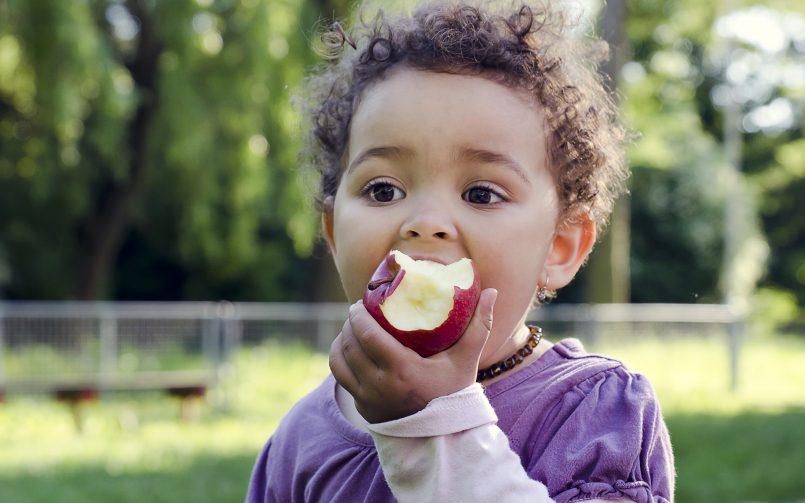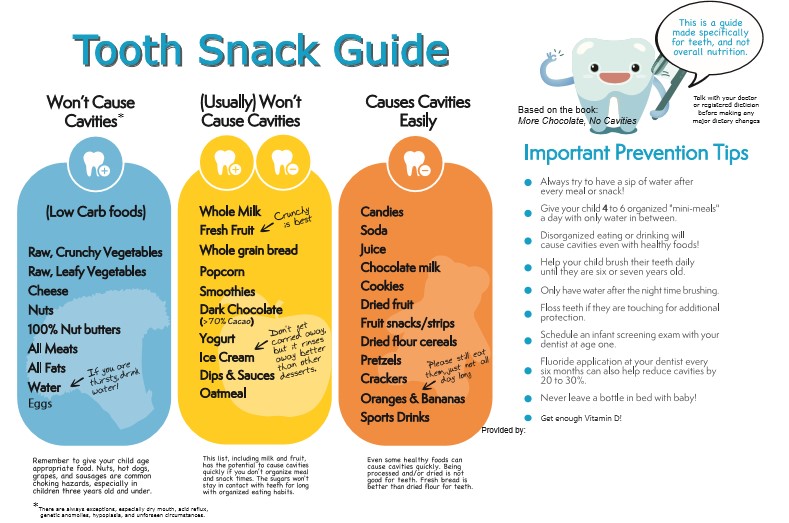
By: Dr Keith Hengpoonthana
We all know that prevention is better than a cure, but for every exasperated person who has personally experienced decay, preventing decay may feel like a constant battle. And for kids, the statistics show that 1 out of 2 children at twelve years old will have a permanent tooth with decay1. As dentists, we wish to optimise the oral health of our patients and reduce the decay rate to zero. Since decay is a nearly fully preventable disease, this is far from impossible. Whole families can move from multiple cavities forming every year to zero cavities.
Decay can only emerge with two things:
- An imbalance of bad bacteria in the mouth
- Sugars for the bacteria to metabolise (‘eat’), which they convert into acids
Though brushing and flossing are very important to cleanse bad bacteria in the mouth, for children, they will often go through cycles of good behaviour and poor behaviour in taking care of their teeth. Funnily enough, I often hear parents of three or four children say to me, with surprise, that the child with the worse brushing habits have perfect teeth, yet the one with perfect oral hygiene has decay. The reason behind this is you can’t ‘out-brush’ decay.
But rather, if we can control the other half of the equation – the sugars that enter the mouth – we can effectively control the decay process. It is true that there are many contributory factors aside from bacteria and sugar (for example, the quality of your saliva), but diet is probably the most important factor, especially for children.
At this point, you may be thinking ‘Does that mean we have to cut out all sugar from our diet’? And while that would solve the problem (albeit highly impractical and virtually impossible given the amount of hidden sugars in foods nowadays), there’s a better solution. We want to be particular about what kids eat for snack food, and when they eat.
If you can introduce these tips below, you may be surprised in the dramatic change it can have on your their oral health.
#1: Fresh is better than dried
If you want a general rule of thumb for what snacks are best, fresh is almost always better than dried – fresh fruit over dried fruit and fresh bread over dried bread (biscuits, crackers, flour cereals). The reason behind this is to do with the sugar content and the stickiness of the sugar in the mouth – dried biscuits are 9 times more sticky than fresh bread, which means the bacteria have 9 times the amount of time to wreak havoc in the mouth. And note: dried biscuits include savoury biscuits – they still break down into sugars, and can be just as detrimental as sweet biscuits due to the stickiness of the sugars they produce. Below is a helpful guide written by an American paediatric dentist, Dr Roger Lucas (2).
Even with this guide, we wouldn’t encourage dark chocolate and ice cream! But as you can see, some foods are much more likely to cause cavities than others, and if you’re going to have a treat, pick foods which aren’t naturally acidic and wash out of the mouth easily instead of soft drinks and sticky lollies.

#2: Organise snacking time
Eating one biscuit once every 30 minutes for 2 hours is much worse than eating four biscuits all at once. If your kids tend to snack frequently, sugars will stay in the mouth for a longer total period and cause more damage. Thus, organising set blocks for snacking – for example, morning tea and/or afternoon tea – will reduce the risk of decay. Also, after having snack food, it is good to rinse your mouth with water and chew sugar-free gum to stimulate protective saliva.
#3: Drink lots of water
Drinking water constantly throughout the day not only prevents you having a dry mouth and stale breath, but it also flushes out sugars and acids from the mouth. Also, it’s no secret that things like juice and soft drinks have a tonne of sugar, so keeping to water only is ideal for teeth (since fruit juices are still good for your general health, it’s okay to have it during meal times).
It sounds simple, but it’s proven to be a very effective strategy to reduce decay rates. If you continue to encourage brushing and follow the above recommendations, you may be pleasantly surprised at your 6 monthly check-up and active maintenance appointment. At Newington Dental Care, we are here to support you and would love to join you on the journey towards optimal oral health. Happy snacking!
- https://www.aihw.gov.au/dental/healthy-teeth/
- If you would like more information on Dr Lucas’ suggestions, have a look at https://www.kidsdentist.com/prevention/how-to-prevent-cavities